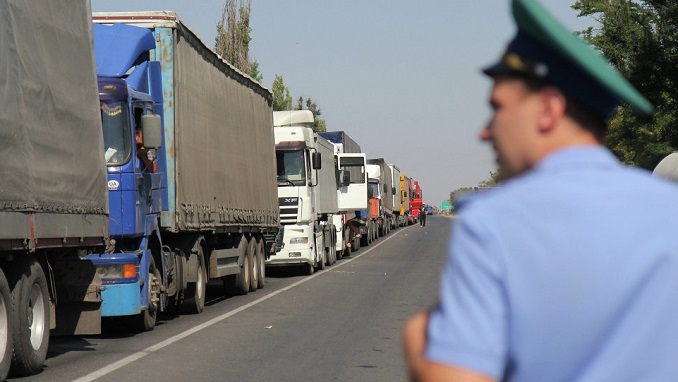Despite a February 2015 cease-fire, known as Minsk II, the Russian military incursion in eastern Ukraine is still an ongoing war—artillery exchanges and small arms battles occur daily. Moscow, for its part, continues to feed the conflict with weapons, cash, and its own troops.
Meanwhile, grocery stores in Kyiv are still stocked with Russian products, such as caviar and vodka, and Russian food chains are still open throughout the city. From Kyiv’s central train station, you can still travel to Moscow, Newsweek reports.
In 2017, the conflict’s overall number of ceasefire violations increased by 25 percent over the previous year, international monitors said, underscoring an overall increase in violence in which, on average, one Ukrainian soldier dies in combat every three days.
Even as Russia’s proxy war in eastern Ukraine became markedly more violent, bilateral trade between Russia and Ukraine grew by nearly a third, underscoring a complicated spider’s web of geopolitical and economic interests that still bind the two former Soviet allies, even while they maintain a de facto state of war with one another.
“These trade patterns do not disappear suddenly—not even when both countries are at war,” Marcel Van Herpen, director of the Cicero Foundation, a Dutch think tank that focuses on European affairs, told The Daily Signal.
Imports from Russia totaled $5.5 billion through November 2017, the Ukrainian State Statistics Service reported.
“I do not find the slight increase in Ukrainian-Russian trade all that surprising,” Luke Coffey, director of The Heritage Foundation’s Foreign Policy Studies Center, told The Daily Signal.
“Now that the war has entered its fourth year and the front lines remain stable, local trading arrangements between the two countries that have been around for years are probably starting to tick over again,” Coffey said.
Russian President Vladimir Putin heralded last year’s trade growth between Russia and Ukraine.
“This is a good sign that we have fundamental resources for restoring the relations in general,” Putin reportedly told reporters in Moscow on January 11.
“I expect that after issues in Donbas have been resolved—this will happen sooner or later, there are no doubts about that—interstate relations between Russia and Ukraine will be normalizing as a whole,” the Russian president added.
However, many outside experts, as well as current and former Ukrainian officials, say last year’s boost in Russo-Ukrainian bilateral trade is not a true bellwether for peace.












